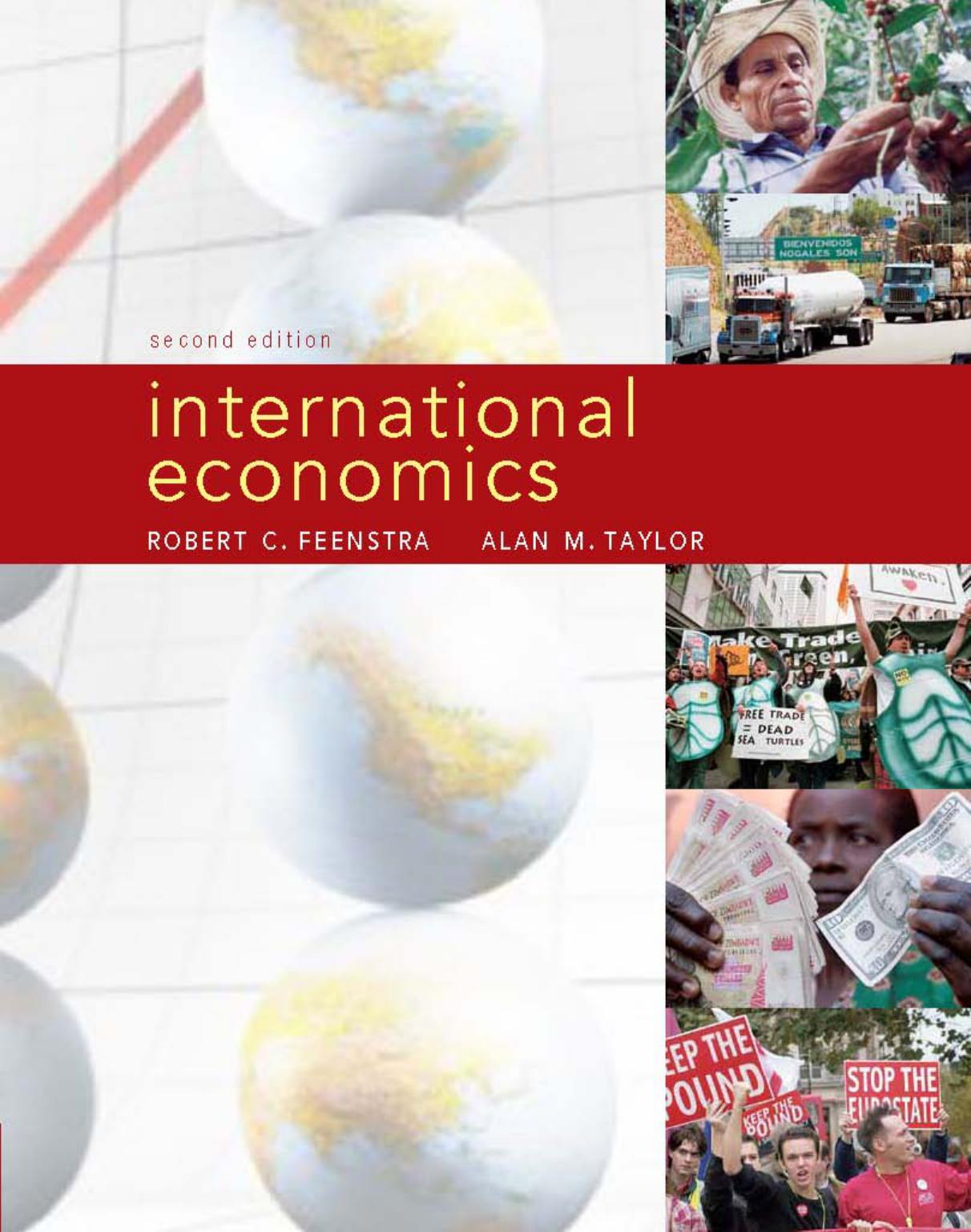9. Suppose two countries, Canada and Mexico, produce two goods: timber and televisions. Assume that land is
Question:
9. Suppose two countries, Canada and Mexico, produce two goods: timber and televisions.
Assume that land is specific to timber, capital is specific to televisions, and labor is free to move between the two industries. When Canada and Mexico engage in free trade, the relative price of televisions falls in Canada and the relative price of timber falls in Mexico.
a. In a graph similar to Figure 3-5, show how the wage changes in Canada due to a fall in the price of televisions, holding constant the price of timber. Can we predict that change in the real wage?
b. What is the impact of opening trade on the rentals on capital and land in Canada? Can we predict that change in the real rentals on capital and land?
c. What is the impact of opening trade on the rentals on capital and land in Mexico? Can we predict that change in the real rentals on capital and land?
d. In each country, has the specific factor in the export industry gained or lost and has the specific factor in the import industry gained or lost?
Step by Step Answer:







